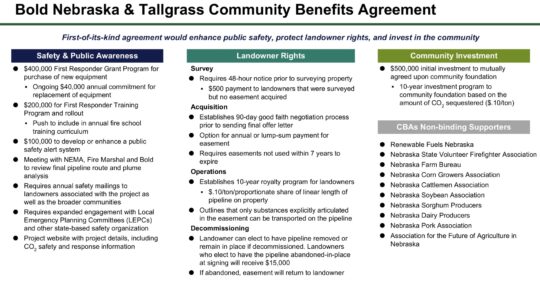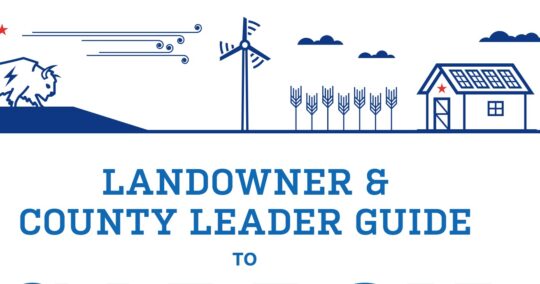This is in response to a post by friend, Republican, and fellow Husker Justin Green and is cross-posted on my personal blog.
Tuesday, President Obama delivered a speech in Osawatomie, KS (where Teddy Roosevelt made a similar appeal just over a century earlier) announcing a throwback to “a New Nationalism.” Obama’s address imagined a cooperative, collective America, compared the one that Republicans in Congress want to create:
“This is the height of unfairness. It is wrong that in the United States of America, a teacher or a nurse or a construction worker who earns $50,000 should pay a higher tax rate than somebody pulling in $50 million.”
Obama is pointing out a simple truth: our nation adopted a progressive tax code to help those who have less by requiring those who make more to pay more. Seems fair enough. However, that is no longer the case. Americans pay progressively higher tax rates, until you hit the top 1%, which pays about the same as the fourth quintile Americans.


The point that Obama is making with his “this is the height of unfairness” bit is this: For those who make obscene amounts of money (which I would argue is most people in the top 1%), it is morally flawed for someone who makes significantly less money than you to pay a higher percentage of that money income in taxes. First, it doesn’t benefit the government as much because it is less total taxes collected, but more importantly retaining that money would more critically affect the lower income household than it would a higher income household that could more easily go without.
The tax code is a very complicated beast, but the long and short of this is simple: America has a progressive income tax scale, but that progressive tax does not apply to any of the other forms of wealth acquisition, like capital gains.


Due to corporate loopholes and lower tax rates (15%) on capital gains compared to the progressive tax on high incomes (35%) combined with thousands of ways to receive a deduction, many wealthy Americans pay a smaller percentage of their total wealth in taxes than do middle and lower class Americans. It is here that we find inequality.
Side note—As my economics professor likes to point out, some of the rhetoric surrounding the “Warren Buffet pays less in taxes than his secretary” business is flawed: Buffet chooses to receive salary in stock, which is taxed as capital gains, not income. He thus pays 20% less in taxes on it. He could easily correct that problem for himself. However, the point is that most Americans, logically, would look for the arrangement in which they pay the least in taxes. That is not a crime or even wrong, it is working the system to your benefit. And that is exactly the problem: the system.
While I won’t deny that the rhetoric of Obama’s speech was clearly cognizant of the Occupy movement, I don’t believe that his purpose is to chide the rich. My friend, however, took the speech to mean this:
“When we force equality to the point that the talented are leveled down, when the rich pay the highest taxes we can extract from them, and when we are free to use mob justice against those we envy, we will have reclaimed American values.”
I don’t believe that’s true at all. However, I do believe that the massive wealth gap in our country is the antithesis of “American values” of equality of opportunity. While I wish that wealthy Americans had it in their hearts to freely give to those less needy than themselves so that all the social problems that stem from abject poverty would disappear, that has sadly not been the case.
The reality is that the wealth gap in our nation has grown alarmingly in the past 30 years and not only do most Americans wish our distribution was more equal, but they also have no idea how bad it really is. This gap has grown almost in lockstep with declining income tax rates for the rich.




Add to those decreases (which I’ll concede affected most Americans, not just the rich) the Bush tax cuts, which disproportionately benefit the rich [see below], and you can see where even our progressive income tax scale begins to favor the wealthiest when these are combined with deductions, capital gains, and other loopholes.


While these numbers do at first look alarming, we do have to remember that 2% of the income of the wealthiest Americans is a much higher dollar amount than 2% of the income for the poorest Americans. That said, I would argue (as I did above) that 2% would be more appreciated in the poorest households to help make ends meet.
But this is not an argument about the Bush tax cuts or just increasing the marginal tax rate for the incomes of the wealthy. If America really wants to reduce the massive rates of inequality and keep the economy moving (which will benefit EVERYONE, not just the bottom 99% or the top 1%) it needs to help those in the middle and on the bottom. It the 99% of Americans whose spending habits and consumption drive our economy.
Many argue that if we reduce the ungodly amounts of money Americans can make off their innovative new ideas or hard work by taxing them more, we will squash economic development and innovation in our country.
I pose the following question: When you come up with an innovative new idea and no one in the middle and lower classes has enough money to purchase your good or service, who cares what the tax code looks like for you? You’re not making money anyway.
[Disclaimer: I’m not an economist, I’m not even a college graduate. This is simply my take on this huge debacle. I don’t claim to be right, but I do think that looking at data helps us get closer to the correct answers. This entire conversation is an uncomfortable mix of morality and money, which are two loves that America has never really been able to reconcile.]
**All graphs are from MotherJones.com, but sources listed on the graphs indicate where the data originated.















